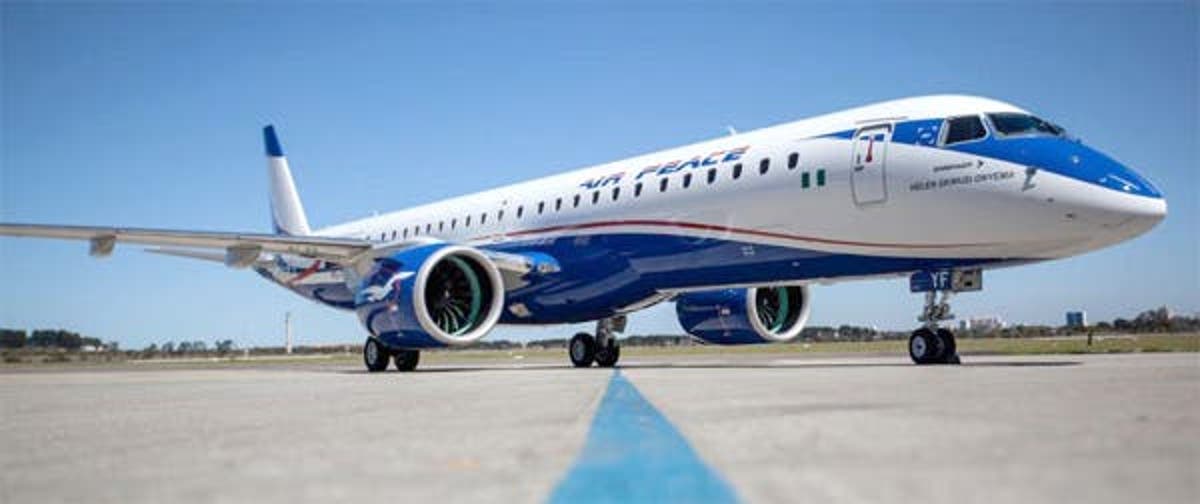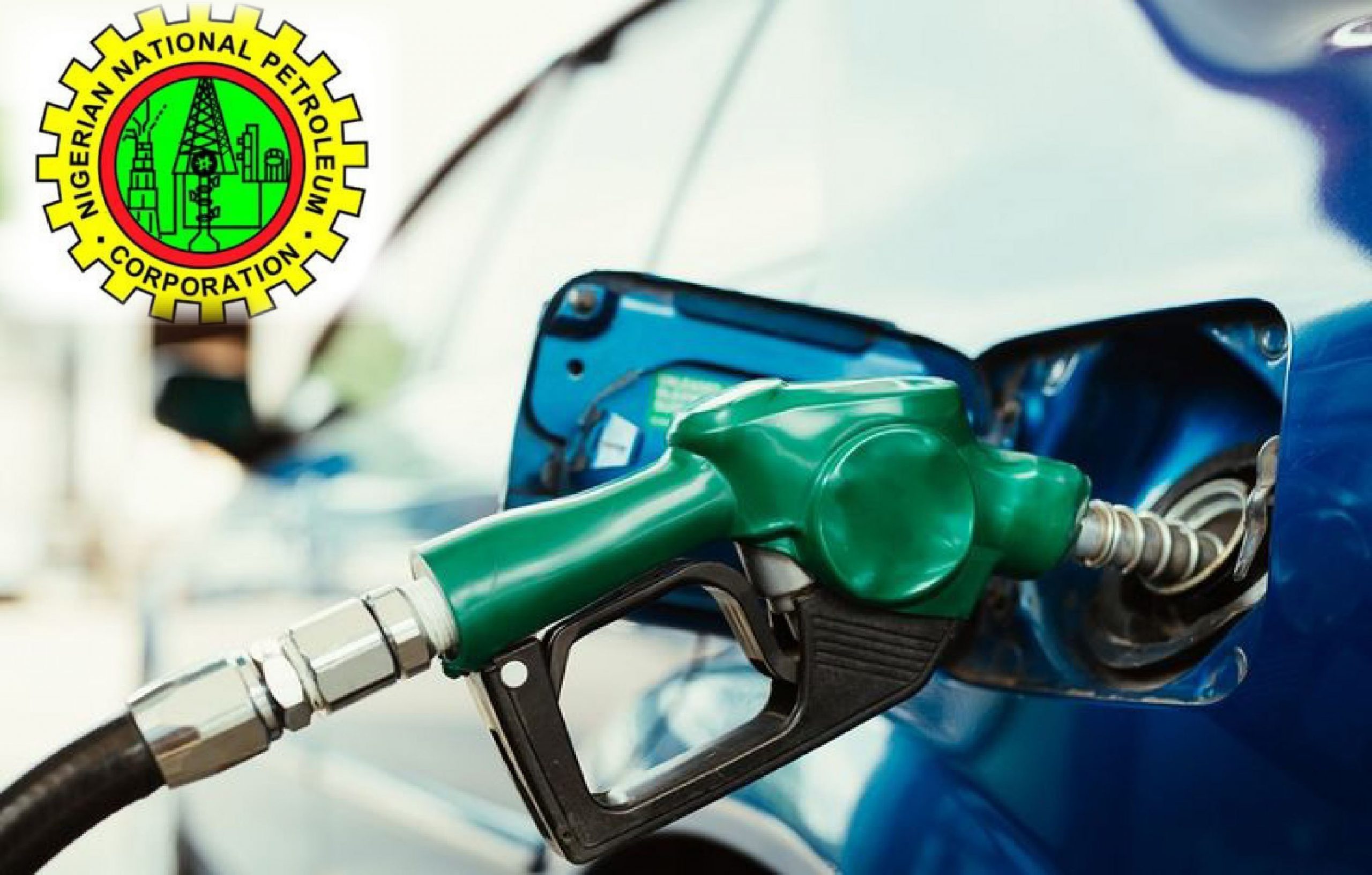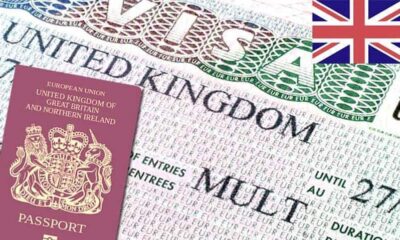Business
Cooking gas demand falls by 38%, marketers clash over price

National cooking gas demand has dropped by 38 percent, according to the Nigerian Association of Liquefied Petroleum Gas Marketers, NALPGAM.
The revelation came on the heels of clamours by a group of experts on Tuesday that demand for Liquefied Natural Gas, popularly known as cooking gas, had dropped to a record low across the country.
The President of the Nigerian Gas Association, Ed Ubong, said at a downstream event in Lagos that national gas consumption had dropped due to high prices.
The Executive Secretary of NALPGAM, Bassey Essien, also confirmed the development to The PUNCH during a telephone interview.
Following the clamour, NALPGAM, President Oladapo Olatunbosun, on Wednesday, said gas demand had dropped from 1.2 million metric tonnes per annum (mmtpa) to around 750,000mtpa.
“We are aware that the local consumption of cooking gas has dropped from 1.2 million metric tonnes per annum (mmtpa) to around 750,000mtpa out of which about 600,000 mtpa is supplied by local producers,” he said, bringing the percentage drop in demand to 37.5 percent per annum.
This brings to fore, the achievement of President Buhari’s National Gas Expansion Programme which seeks to deepen local gas usage within the next decade.
READ ALSO:
- My ex-husband makes me scared of calm people – Kaffy
- Crisis hits APC NWC as Vice Chair accuses Adamu of acting unilaterally
- APC Senatorial Tickets: Aliero, Ohakim Pull Out As Yari, Goje, Oshiomhole, Others Win
The Federal Government had targeted a consumption of 5mn metric tonnes per annum.
Olatunbosunalso alleged that the Nigeria Liquefied Petroleum Gas Association inflated price of a 20metric tons by 100 percent.
According to him, gas importers who were members of NLPGA sold to plant owners at N12.7million per 20metric tons (MT) despite purchasing the product at around N7 million per 20MT from NLNG and other local producers.
While NALPGAM is the association of indigenous private companies with operating gas bottling plants with membership spread across the country, the NLPGA is the umbrella body of all stakeholders including importers, skid owners and also players in the LPG sector in Nigeria.
According to him, cooking gas, as at Monday, May 23, was N750 per kilogram(Kg) at the depot and was sold at N800/kg at the retail end in Lagos, Ogun and some states in the South West, while the same quantity went as high as N900 to N1000 per kg at retail end in Gombe and Bayelsa and other states.
He said, “It does not make economic sense to be supplied with a receipt of around N7 million per 20MT and sell to consumers at the same price that imported LPG landed in Nigeria.
“Give us the exact figure of LPG your members got from NLNG. We are aware that the local consumption of cooking gas has dropped from 1.2 million metric tonnes per annum(mmtpa) to around 750,000mtpa out of which about 600,000 mtpa is supplied by local producers.”
The General Manager, External Relations & Sustainable Development, NLNG, Andy Odeh, told Sunday PUNCH in an email response that it could not disclose its contractual agreement with its customers. “We have no comments on your enquiries as our sales terms are confidential and commercially sensitive information,” he said, when asked to disclose the price it sold to marketers.
While speaking during one of the technical sessions on the topic ‘Gas as a catalyst for sustainable economic development- The role of Nigerian Content’, at ‘The Nigerian Content Midstream and Downstream Oil and Gas Summit 2022’ organised by the Nigerian Content and Development Monitoring Board, NCDMB, in Lagos on Tuesday, gas stakeholders unanimously submitted that national gas consumption was currently very low and expressed worry over the dwindling purchasing power of Nigerians.
Aviation
Air Peace suspends flights nationwide over NiMet strike

Air Peace suspends flights nationwide over NiMet strike
Air Peace has suspended all its flight operations across the country due to the ongoing strike by the Nigerian Meteorological Agency (NiMet).
The airline said in a statement on Wednesday that it was also suspending operations due to the unavailability of QNH (hazardous weather) reports required for safe landings.
“Due to the ongoing NiMet strike and the unavailability of QNH (hazardous weather) reports required for safe landings, Air Peace has suspended all flight operations nationwide until the strike is over,” Air Peace said.
“Your safety is our top priority. We appreciate your understanding and will share updates as the situation unfolds.”
The airline had earlier announced that the NiMet strike could lead to flight delays and cancellations across its network.
Air Peace added that it was monitoring the situation and working with relevant stakeholders to minimise the impact on customers’ travel plans.
Employees of NiMet commenced a nationwide indefinite strike over welfare issues on Wednesday.
Some of the issues raised involve “NiMet’s refusal to negotiate or implement agreed financial allowances and unresolved entitlements,” including wage awards, peculiar allowances, and outstanding payments from the 2019 minimum wage.
They also accused the management of the agency of withholding important documents, ignoring requests for inclusion of omitted staff in past payments, and neglecting key training programmes in favour of executive retreats.
Business
Nigeria’s gas production increases by 15.6% to 227,931.65 mscf

Nigeria’s gas production increases by 15.6% to 227,931.65 mscf
Nigeria’s gas output has increased 15,6 percent month-on-month, MoM, to 227,931.65 million standard cubic feet, mscf, in March 2025.
But on year-on-year, YoY basis, the nation’s gas output recorded a marginal increase to 227,931.65 mscf in March 2025, from 198,353.62 mscf, recorded in the corresponding period of 2024.
Data obtained from the Nigerian Upstream Petroleum Regulatory Commission, NUPRC, Gas Production Status reports indicated that of the total of 227,931.65 mscf produced in March 2025, 119,552.75 mscf was associated while 108,378.90 mscf was non-associated gas.
Associated gas is extracted in the process of producing crude oil while non-associated gas is produced without crude oil after much investment, exploration and development.
The Ministry of Petroleum Resources (Gas), which is directly involved in the development of policies, targeted at increasing investment in the sector said efforts have been made to increase investment and production of gas in Nigeria.
Similarly, in its recent report obtained by Vanguard, the Nigerian LNG Limited stated: “We are fully committed to expanding our operations with the NLNG Train 7 Project, which will boost our production capacity by 35%, increasing from 22 Million Tonnes Per Annum (mtpa) to 30 mtpa. This project underscores our role as a key player in the global LNG market and positions Nigeria as a top-tier supplier of LNG, leveraging its vast proven gas reserves of 202 trillion cubic feet (the 9th largest globally).
Vanguard
Business
Marketers count losses as NNPC slashes petrol price

Marketers count losses as NNPC slashes petrol price
Petroleum product marketers have expressed frustration over financial losses following the Nigerian National Petroleum Company Limited’s (NNPC) recent reduction in the pump price of Premium Motor Spirit (petrol).
On Easter Monday, NNPC retail outlets across major cities adjusted their pump prices, with Lagos stations dropping from N925 to N880 per litre, while Abuja saw a similar drop to N880. In Kano, the price was revised from N950 to N935 per litre.
The unexpected price cut comes just days after the Dangote Refinery reduced its ex-depot price from N865 to N835 per litre—further intensifying pricing pressure on independent marketers who had stocked up at previous, higher rates.
The $20bn refinery also directed its partners like MRS, Heyden, and Ardova to sell a litre of petrol at the rate of N890 instead of N920 in Lagos, N900 in the South West, N910 in the South-South, and N920 in the North East.
READ ALSO:
- Insecurity: Presidency questions push for state police, accuses govs of not doing much
- Wike’s team warns Falana against ‘misleading his clients’
- Rivers: Fubara’s supporters praise Tinubu’s intervention with emergency rule
This newspaper observes that the new NNPC prices in Kano, Abuja, Port Harcourt and Lagos are N10-N15 lower than that of the Dangote refinery, signalling another price war between the two companies.
Our correspondent reports that some NNPC filling stations are still selling at the old rate. But marketers said these stations were given the liberty to exhaust old stock before adjusting to the new prices.
In an interview with our correspondent, the National Vice President of the Independent Marketers Association of Nigeria, Hammed Fashola, confirmed the price reduction, stressing that filling station operators were losing money.
He told our correspondent that NNPC Retail sent a memo to its outlets to effect the new prices.
“It is confirmed that NNPC has reduced PMS prices. It is now N880 per litre in Lagos. They sent messages to their retail outlets. Some of them have already put the price at N880. However, they allow those having old stock to continue selling at the old rate. Some are still selling at N910.
“Those are the ones that still have their old stock. So, the same thing applies to independent marketers. Those that have their old stock are still trying to see how they can dispense it,” he stated.
While acknowledging that the fluctuation in fuel prices is one part of deregulation, Fashola declared that marketers are losing money.
“The price reduction is a welcome development, but at the same time, it has a negative impact on the side of the marketers. We are losing money. That’s just the truth. We are losing money. That’s the bitter truth,” he said.
READ ALSO:
- UK records over 22,000 asylum-seeking Nigerians
- Driver crushes one-year old boy to death in Ekiti
- Bring your children to compete with mine, MC Oluomo challenges those mocking his spoken English
According to him, the price cuts are good for the masses, but marketers pay the price.
“On the side of the masses, Nigerians are better for it. People are getting cheaper fuel now, which is good. That’s the beauty of deregulation that we are talking about. There’s nothing anybody can do about it. But marketers are the ones bearing the losses, seriously.
Asked if there is any way to reduce the losses, he replied, “On the part of marketers, what we can do is just to try as much as possible to try and sell. We will reduce prices to a level that, at least, our losses will not be too much. So, you will be able to get rid of your old stock before you go to the market to buy at the new rate and start selling at the new rate.
On whether the petrol price could drop to N800 or N700 soon, Fashola refused to make projections.
“I don’t want to predict that. You know, two major factors determine this – the crude oil price and our exchange rate. So, I don’t want to predict the price. All these things have their implications. If the crude oil comes down to something like $50 per barrel, it has its own implications for our economy. It will affect the government revenue. At the same time, inflation and all that are also there. So, I don’t want to predict that,” he stated.
Recall that the Dangote refinery resumed price cuts after the Federal Government directed that the naira-for-crude deal should continue indefinitely.
Marketers count losses as NNPC slashes petrol price
(Punch)
-

 metro2 days ago
metro2 days agoRivers: Tinubu meets with Fubara, may lift his suspension
-

 metro3 days ago
metro3 days agoBring your children to compete with mine, MC Oluomo challenges those mocking his spoken English
-

 metro2 days ago
metro2 days agoI’m not in supremacy battle with Ooni, says new Alaafin
-

 Business3 days ago
Business3 days agoMarketers count losses as NNPC slashes petrol price
-

 metro3 days ago
metro3 days agoRivers: Fubara’s supporters praise Tinubu’s intervention with emergency rule
-

 metro2 days ago
metro2 days agoBandits attack Kwara North, kill vigilante, six others
-

 Business2 days ago
Business2 days agoNigeria’s gas production increases by 15.6% to 227,931.65 mscf
-

 Entertainment18 hours ago
Entertainment18 hours agoP-Square: Jude Okoye freed after two months detention









